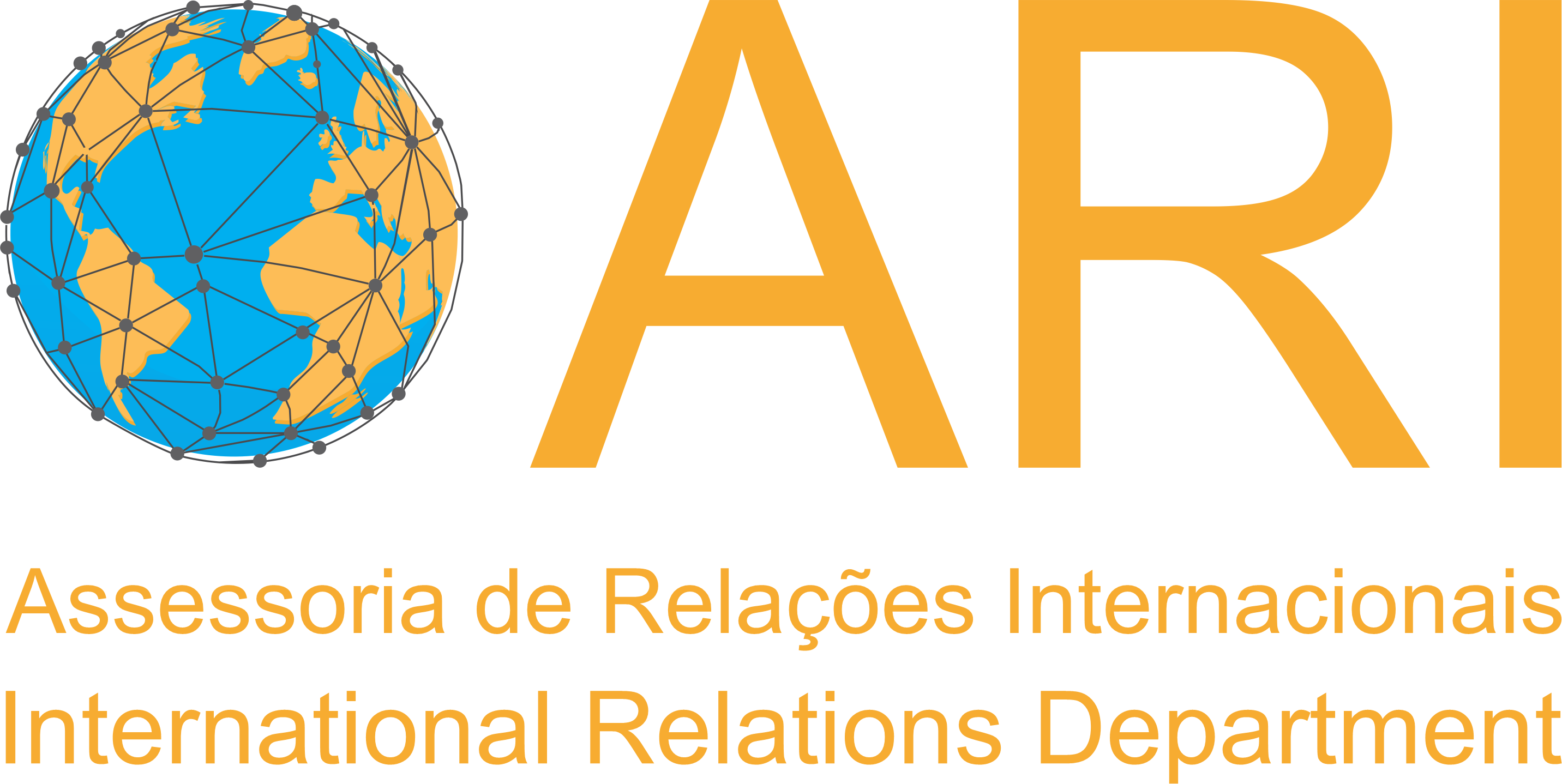FAQ
Como se dá a realização de convênios entre a UNIVASF e universidades e outras instituições internacionais?
A Universidade Federal do Vale do São Francisco (UNIVASF) realiza acordos de cooperação com universidades públicas e privadas no exterior, através da Assessoria de Relações Internacionais (ARI). Para tanto, é necessário que a parte internacional ou a própria UNIVASF manifeste à outra parte o interesse em realizar o acordo, o que ocorre através de comunicação oficial via ofício. Uma vez sinalizado o interesse por ambas as partes e uma reunião inicial tenha sido realizada para apresentação mútua, os representantes das duas instituições se reúnem para a assinatura do termo de convênio após sua análise pelas autoridades competentes de cada lado.
How do agreements between UNIVASF and universities and other international institutions take place?
The Federal University of Vale do São Francisco (UNIVASF) carries out Memorandums of Understanding (MOUs) with public and private universities abroad through its International Relations Department (ARI). For that purpose, it is necessary that the international party or UNIVASF itself express to the other party the interest in signing the MOU, which occurs through formal communication via official letter. Once interest has been signaled by both parties and an initial meeting has been held for mutual presentation, the representatives of the two institutions meet to sign the MOU after its analysis by the competent authorities on each side.
Qual a vigência dos acordos de cooperação?
A validade dos convênios/acordos varia para cada documento firmado. Os acordos vigentes possuem prazos de validade que variam de três a cinco anos, com possibilidade de renovação.
How long are cooperation agreements valid for?
The validity of the MOUs varies for each signed document. The current documents have expiration dates ranging from three to five years, with the possibility of renewal.
Como posso utilizar os acordos vigentes feitos pela UNIVASF e outras universidades?
Qualquer aluno ou servidor da UNIVASF pode se beneficiar dos convênios em vigência. No caso dos alunos, orientamos que procurem a ARI em caso de desejo de realização de intercâmbios ou orientação de graduação e pós-graduação, bem como em quaisquer outras dúvidas. A ARI intermediará o contato e poderá apontar um docente da instituição para realizar a ponte entre a UNIVASF e a instituição estrangeira. No caso de servidores, para fins de pesquisa, orientação e treinamento, recomendamos que os contatos também sejam feitos com a ciência da ARI.
How can I use existing agreements made by UNIVASF and other universities?
Any UNIVASF student or employee can benefit from the MOUs in force. In the case of students, we advise them to contact the ARI if they wish to carry out exchange programs or provide guidance for undergraduate and graduate (graduate and postgraduate) studies, as well as any other queries. ARI will mediate the contact and may appoint a professor from the institution to bridge the gap between the UNIVASF and the foreign institution. In the case of professors, for research, guidance and training purposes, we recommend that contacts also be made through the ARI .
A UNIVASF oferece custeamento de intercâmbios, custos de deslocamento ou estadia?
Atualmente a UNIVASF não dispõe de meios para o custeamento de despesas de intercâmbio. Contudo, a UNIVASF pode intermediar oficialmente para a obtenção de acomodações na instituição de destino, caso haja disponibilidade, bem como para reconhecimento facilitado de documentos, traduções e outros procedimentos administrativos com universidades parceiras. O mesmo vale para estudantes estrangeiros que venham à UNIVASF.
Does UNIVASF offer funding for exchange programs, travel or accommodation costs?
Currently, the UNIVASF does not have the means to pay for exchange expenses. However, the UNIVASF can officially mediate for obtaining accommodation at the host institution, if available, as well as for facilitated recognition of documents, translations and other administrative procedures with partner universities. The same goes for foreign students who come to UNIVASF.
Se não há custeamento, qual a vantagem dos acordos?
A existência dos acordos possibilita ao estudante ter uma porta oficial de entrada nas instituições conveniadas, o que não seria possível ou seria mais difícil sem os convênios. Dessa forma, a ARI provém uma lista de universidades que já estão com entrada facilitada, lista essa que está em contínuo crescimento com a assinatura de novos acordos com países de todos os continentes.
If there is no funding, what is the advantage of MOUs?
The existence of MOUs makes it possible for students to have an official gateway to partner institutions, which would not be possible or would be more difficult without these documents. In this way, the ARI provides a list of universities with facilitated admissions, which is continuoulsy with the signing of new MOUs with countries from all continents.
Quais os países e instituições com os quais a UNIVASF já tem convênios?
A lista completa dos convênios vigentes pode ser encontrada NESTE LINK.
Which countries and institutions does UNIVASF already have MOUs with?
The complete list of current MOUs can be found at THIS LINK.
Posso sugerir novos convênios com alguma universidade com a qual já tenho contato?
Sim. A ARI está aberta para a formalização de convênios com base em contatos preexistentes já iniciados por servidores e alunos.
Can I suggest new MOUs with a university I already have contact with?
Yes. The ARI is open to formalizing agreements based on pre-existing contacts already initiated by staff and students.



